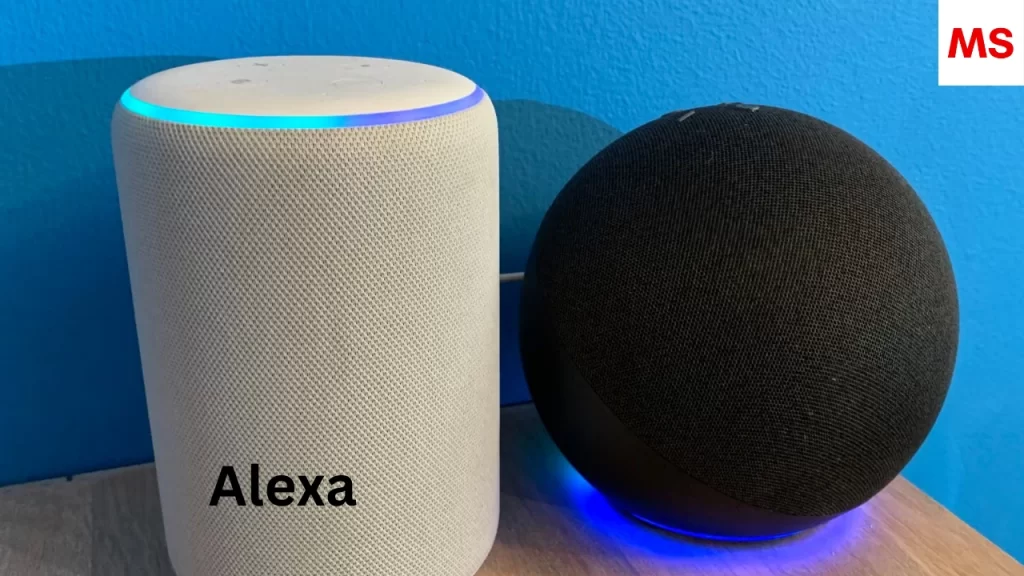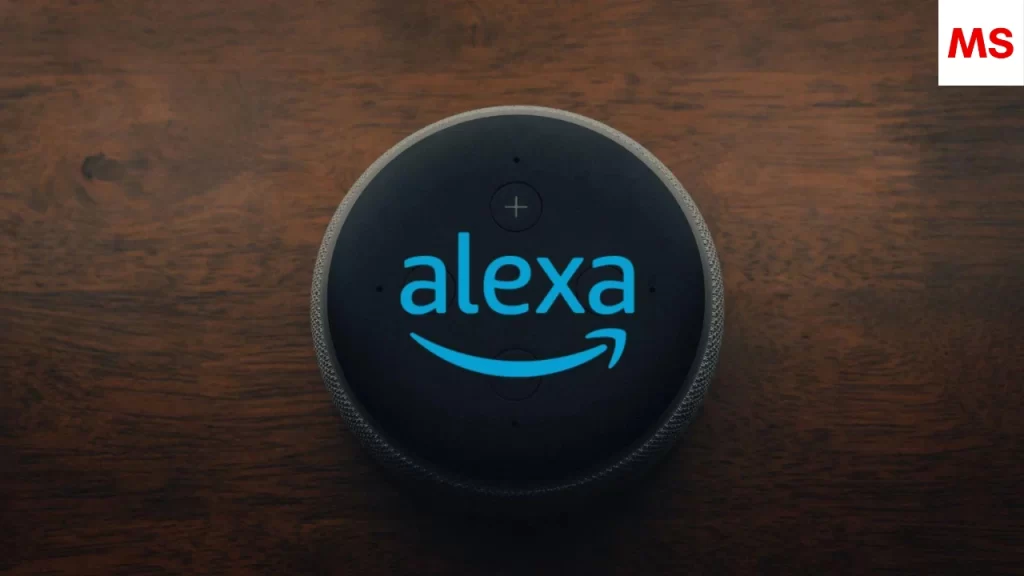Introductions
Alexa: Amazon’s ambitious project to create an AI-powered successor to its voice assistant Alexa has encountered significant hurdles, according to internal documents obtained by Fortune. Despite being a pivotal initiative aimed at revitalizing Alexa and keeping pace with other Big Tech players in generative AI, the project is grappling with critical flaws, particularly latency issues, and limited device compatibility.

Key Flaw: Latency Issues in the New Alexa
A primary concern is latency, the delay between user requests and Alexa’s responses. Internal memos reveal that this issue remains a major obstacle, as employees worry it could lead to customer frustration and, ultimately, jeopardize the product’s success.
“Latency remains a critical issue requiring significant improvements,” states a recent internal memo. This problem, common in complex generative AI systems, poses a risk to Amazon’s efforts to deliver a seamless user experience. If unresolved, the new Alexa may falter in its aim to redefine consumer-facing AI products.

Broader Concerns: Compatibility and Satisfaction
Latency is just one challenge. Internal communications also highlight other setbacks:
- Compatibility Issues: Nearly 10% of current Echo device users—approximately 3.8 million people—won’t be able to access the new Alexa unless they upgrade to newer devices. Amazon plans to mitigate this with “recycle and save” offers, encouraging users to trade in old devices for compatible ones.
- Satisfaction Scores: Testers have rated the new Alexa a 4.57 out of 7 for customer satisfaction, below the company’s target of 5.5.
- Limited Skills at Launch: The new Alexa is expected to launch with just over 300 Skills, a drastic reduction compared to the 100,000 available on the legacy version. This limited feature set raises concerns about customer frustration, particularly if Amazon charges a subscription fee for the new service.
Generative AI as the Cornerstone of the New Alexa
Amazon aims to transform Alexa into the world’s best personal assistant, leveraging generative AI to deliver proactive, capable assistance. Unlike the original Alexa, which relied on pre-defined responses to commands, the updated version promises conversational, context-aware interactions.
According to Amazon executive Rohit Prasad, this shift represents a “massive transformation,” who previewed the AI-powered Alexa at a 2023 press event. The vision is for Alexa to act as an “agent” that responds to questions and performs actions on behalf of users, such as ordering rides, making reservations, or purchasing tickets—all through natural, conversational requests.
Setbacks in the AI Race
Amazon’s challenges with Alexa come when competitors like Google, Microsoft, and OpenAI are racing ahead with generative AI breakthroughs. Alexa’s shortcomings became apparent following the 2022 launch of OpenAI’s ChatGPT, which outperformed Amazon’s internal systems in some tests, as reported by The Wall Street Journal.
Additionally, employees noted that the Alexa team lacked sufficient resources and data to train the large language model (LLM) underpinning the new assistant. Efforts to fine-tune the LLM for specific Alexa features sometimes degraded its overall performance, reflecting the complexity of integrating generative AI into legacy systems.
A Delayed Rollout
Originally slated for release in 2024, the new Alexa, codenamed Banyan, has faced multiple delays. Some employees report the timeline has now shifted to 2025, as key issues remain unresolved.
Amazon executives, including CEO Andy Jassy and Devices chief Panos Panay, have been cautious in discussing the release date. Panay recently emphasized the importance of ensuring the product evokes “emotion” and “connection,” suggesting a high bar for its eventual launch.
Strategic Partnerships for Expanded Capabilities
To enhance Alexa’s utility, Amazon plans to integrate services from prominent partners, such as Uber, OpenTable, Instacart, GrubHub, and Ticketmaster. These integrations aim to streamline experiences like ordering rides, making reservations, and purchasing tickets through simple voice commands.
Unlike traditional third-party Skills, these partnerships promise deeper integration, allowing Alexa to handle complex tasks more naturally. Amazon reportedly plans to onboard 200 such partners within three years of the new Alexa’s launch.
Challenges in Monetization
One major question is whether Amazon will charge a subscription fee for the new Alexa. Internal memos caution that a diminished feature set at launch could frustrate paying customers, especially if third-party integrations are limited. This poses a significant risk to Amazon’s monetization strategy for Alexa.
Looking Ahead
Despite these challenges, Amazon remains optimistic. Spokesperson Lauren Raemhild reaffirmed the company’s commitment to making Alexa “the world’s best personal assistant.” She acknowledged the complexity of building a generative AI-powered assistant but emphasized the potential to enhance Alexa’s capabilities on the more than 500 million Alexa-enabled devices already in use.
The stakes are high for Amazon. Alexa’s success could redefine the company’s position in the AI landscape, driving sales of Echo devices and generating subscription revenue. However, as internal documents reveal, substantial work is needed to meet these ambitions and deliver a product that resonates with customers.
Conclusion
Amazon’s new Alexa represents a bold leap into the future of AI-powered personal assistants. While latency, compatibility issues, and limited initial features pose significant hurdles, the project underscores Amazon’s commitment to innovation. If these challenges are overcome, the revamped Alexa could set a new standard in AI-driven consumer technology, cementing Amazon’s place in the competitive AI race.
I’m Ankz Kumar, the writer of Meraseason News. Here, I write content for tech, business, finance, automobiles, and education. My goal is to provide valuable, easy-to-understand content to readers so they stay informed and make smarter decisions.


1 thought on “Exclusive: Leaked Amazon documents identify critical flaws in the delayed AI reboot of Alexa”